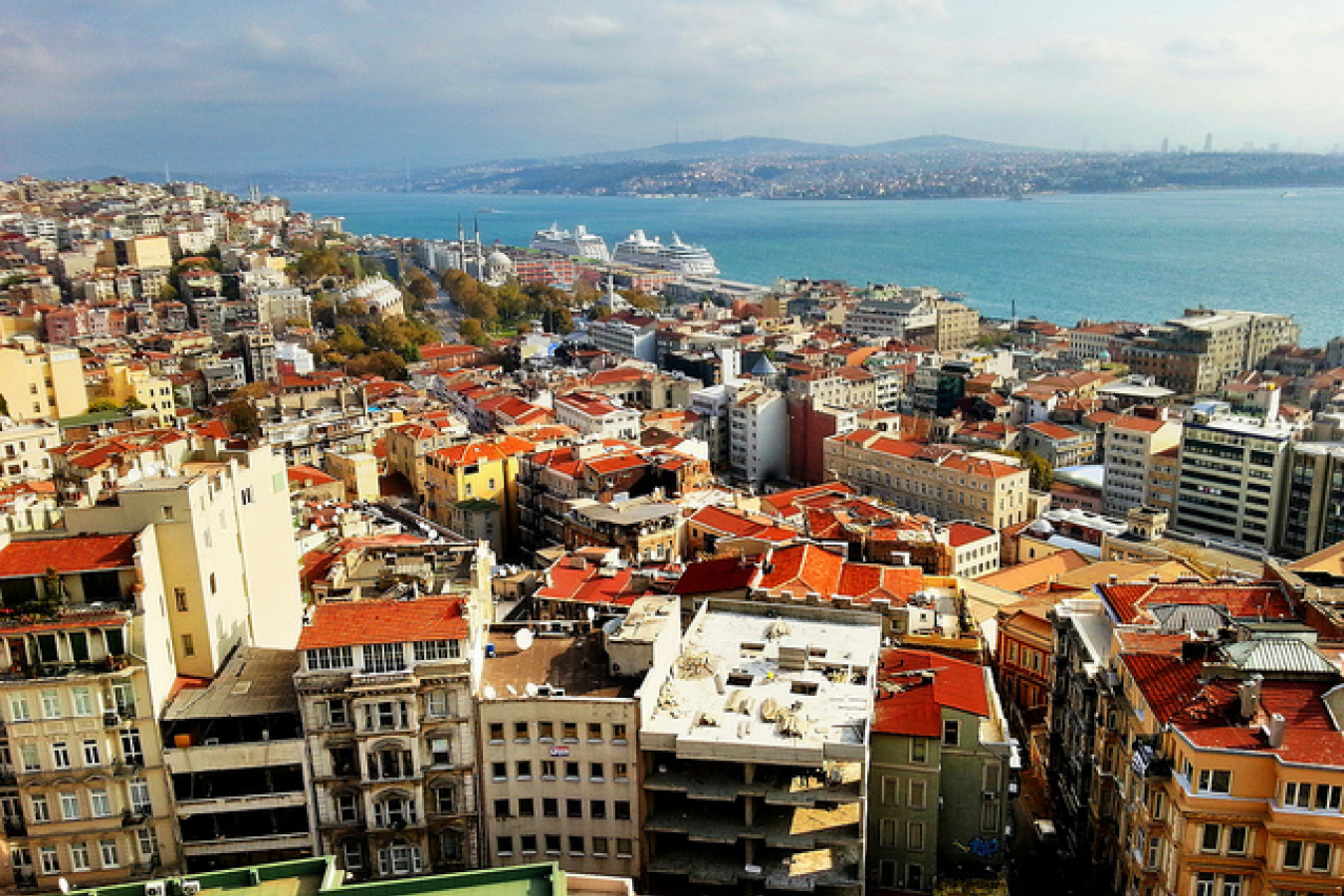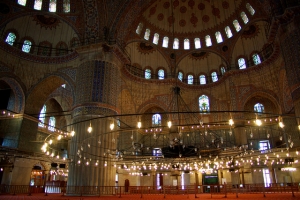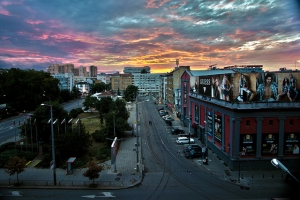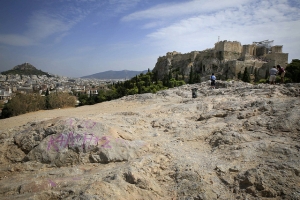Support migrant centric journalism today and donate

Human rights campaigners have alleged that Greek border guards have been using illegal tactics to keep refugees out of Greece.
Greece has long been the main point of entry for illegal immigrants into the EU. The Greeks have come under pressure from the EU to stem the flow of migrants. The Greek government launched Operation Shield, funded by the EU in August 2012. Nine hundred extra border guards have been sent to the Greek border with Turkey near the River Evros, where most people try to cross the border. The government has also erected a €3m barbed wire fence along the 8 mile (13km) land border. These measures have had some success. In July 2012, 6,000 migrants were arrested near the river. In August, this had fallen to 1,800.
But people continue to attempt the crossing. They come from countries like Iran, Syria and Afghanistan. It is a measure, perhaps, of how desperate they are that they choose to come to Greece, a country with significant difficulties of its own. Greece's economic problems, coupled with the high level of illegal immigration, seem to have contributed to the growth of extreme right-wing anti-immigrant parties.
23,000 refugees have been arrested in the Evros region this year. Now, human rights campaigners have told The Guardian, a British newspaper, that Greek border guards have been illegally sending refugees back to Turkey. They say that rather than arresting them, taking their details and carrying out an assessment of the merit of their asylum claims, as international law requires, border guards are instead, taking refugees back to the border by force and returning them to Turkey. Similar behaviour by Italian border police has been found to be illegal by the European Court of Human Rights (ECHR). Gerry Simpson, a refugee advocate at the charity Human Rights Watch, has said 'International law is crystal clear: no summary rejection of asylum seekers at the frontier and no forcible return unless and until it is established that their refugee claims are not valid.'
One refugee told The Guardian that he had crossed the River Evros into Greece in the summer of 2012 as part of a group of about 100 to 150 people. They walked through Greece for several miles to a small border village. There, they were apprehended by a group of officials in blue uniforms. They were then taken back to the River Evros and put into small plastic boats which were towed by motorboats back to the Turkish bank of the river. Some of the refugees began to protest and were beaten. They were then helped ashore on the Turkish side by Turkish police. The refugees showed their injuries to the Turkish police who said they would make a complaint. This is known as the 'push-back method'. The Italian government was censured by the ECHR for using similar methods against Libyan migrants who were crossing the Mediterranean in 2012.
A Greek human rights lawyer, Kelly Grivakou, told The Guardian, 'It is illegal. When you enter a state and you need protection, and this state has ratified the Geneva conventions, the state has obligations to protect you. When you send a man from Iran or Afghanistan back to Turkey, when you know that maybe he is going to be deported back to his country and might face danger or violence, you violate article 33 of the Geneva conventions.'
The Greek police chief of the Evros region Pasxalis Syritoudis, denied any wrongdoing. He said, 'migrants who don't succeed in crossing make these accusations to create problems for us.' Mr Syritoudis said that his forces tried to prevent people from reaching Greek territory by monitoring the Turkish side of the River Evros for activity using night vision equipment and then using motorboats to intercept refugee boats on the river to try to force them to return back to Turkey.
But Levent Dinceli, a Turkish human rights lawyer from Erdine, a town near the Evros crossing, said 'very few people are sent [back] the legal way. It is either the push-back method or they regroup these people in detention centres then send them back to Turkey with boats. These boats are not safe. Putting people in these boats is also pushing them to their death.'
The UN High Commission for Refugees (UNHCR) acknowledges hearing similar reports but could not say whether The evidence handed to The Guardian was true. A UNHCR source told The Guardian 'we think these operations have been eliminated in the last two years.'
It seems that the actions of the Greek government, legal and illegal, in the Evros region have had some success and some migrants are now attempting to cross into Greece from Turkey over the Aegean Sea. Fifty-eight refugees were drowned when their boat sank in the sea just off Turkey in September 2012. Most were Syrians. There is also evidence that many migrants are now crossing from Turkey into Bulgaria instead. Pasxalis Syritoudis said that there had been an increase of 200 people a week crossing direct from Turkey into Bulgaria having been turned back from Greece. A small refugee camp has been established in Bulgaria near the village of Pastrogor.
One Syrian refugee, who also claimed to have been turned back from Greece illegally, told The Guardian 'We don't know what to do. We cannot go back because there is a problem in our country. We cannot continue because we have no money. We are like slum dogs. Before we came here we heard that Europe is a country of humanity. But after all these experiences, we see the opposite.
If you would like to apply for a visa, WorkPermit.com can help. WorkPermit.com is a specialist visa consultancy with almost twenty-five years of experience dealing with visa applications. We can help with a wide range of visa applications to your country of choice. Please feel free to contact us for further details.





















